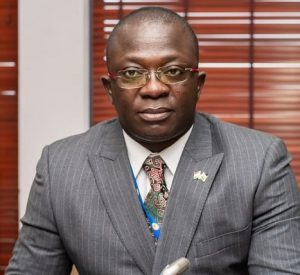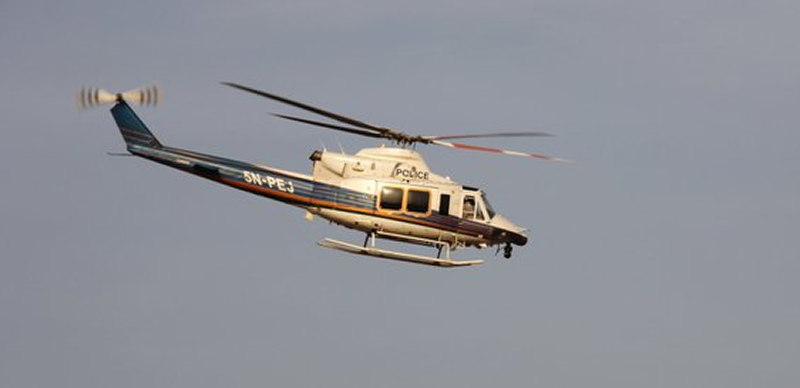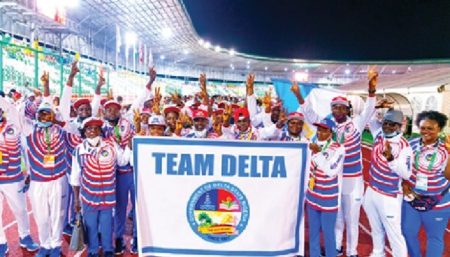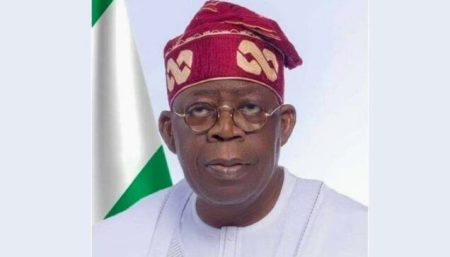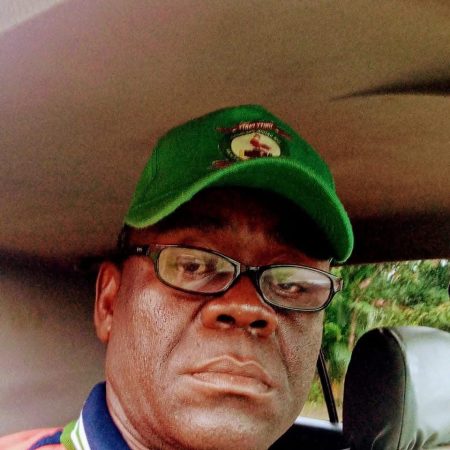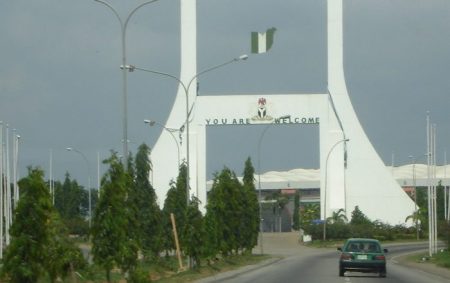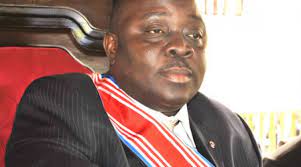The Nigerian aviation sector has been embroiled in a protracted dispute regarding the imposition of a $300 helicopter landing levy. Initially introduced by the Federal Ministry of Aviation and Aerospace Development and the Nigerian Airspace Management Agency (NAMA) in 2023, the levy was targeted at Airline Operators of Nigeria (AON), sparking significant resistance from the industry. Attempts to implement the charge were met with persistent opposition, leading to a stalemate between the government and the airline operators. The government’s justification for the levy remained unclear, adding to the controversy surrounding its implementation.
The dispute took a new turn in 2024 when NAMA announced a shift in the levy’s target. Instead of the airline operators, the burden was shifted to the passengers, specifically oil companies operating helicopters in the Gulf of Guinea. NAMA declared that a contracted consultant, Naebi Dynamics Concepts Ltd, would be responsible for directly invoicing the oil companies for helicopter landing charges related to air navigation services. This decision followed a period of temporary suspension of the levy collection, implemented by the Minister of Aviation and Aerospace Development, Festus Keyamo, in response to concerns raised by the AON. The minister’s intervention seemed to offer a temporary reprieve, but the subsequent shift of the levy’s target reignited the controversy.
This change in policy prompted immediate criticism and questioning from industry experts. John Ojikutu, a prominent voice in the sector, challenged the government’s authority to impose such a levy, arguing that the government did not own the helipads or heliports used by the oil companies. Ojikutu’s argument centered on the principle of ownership and the government’s right to collect fees for landing on privately owned infrastructure. He drew parallels to other scenarios, questioning whether the government could levy fees for landing on personal helipads or even for ships docking at private terminals. This line of questioning highlighted the perceived overreach of the government’s authority in imposing the levy.
The oil companies, the newly designated target of the levy, remained largely silent on the issue initially. Attempts to gather their responses proved unsuccessful, with spokespeople for various oil companies either declining calls or failing to respond to inquiries. However, an inside source at Chevron indicated that the company was preparing a formal response to the government’s announcement. This suggested that the oil companies were likely to challenge the imposition of the levy, potentially leading to further legal and political wrangling. The lack of immediate public response indicated a cautious approach, possibly involving internal consultations and strategic planning before making their position public.
The government’s decision to shift the levy to oil companies raised fundamental questions about the rationale and legality of the charge. Ojikutu’s strong critique highlighted the potential for overreach by the government and the lack of clarity regarding the basis for the levy. The silence from the oil companies, punctuated by Chevron’s preparation of a response, signaled a brewing confrontation. The entire episode underlined the complex relationship between government regulation, private industry, and the ongoing search for revenue generation in the Nigerian aviation sector. The lack of transparent communication and consultation further exacerbated the situation, creating an atmosphere of uncertainty and potential conflict.
The future of the helicopter landing levy remains uncertain. The government’s decision to shift the burden to oil companies, while seemingly resolving the impasse with the AON, opened a new front in the controversy. The looming response from the oil companies, coupled with the ongoing debate about the legality and justification of the levy, promised a prolonged and complex battle. The outcome of this dispute will have significant implications for the aviation sector and the oil industry in Nigeria, influencing future policy decisions and the relationship between the government and private enterprise. The situation also underscored the need for clearer regulations, transparent communication, and greater consultation between stakeholders in the aviation industry.


